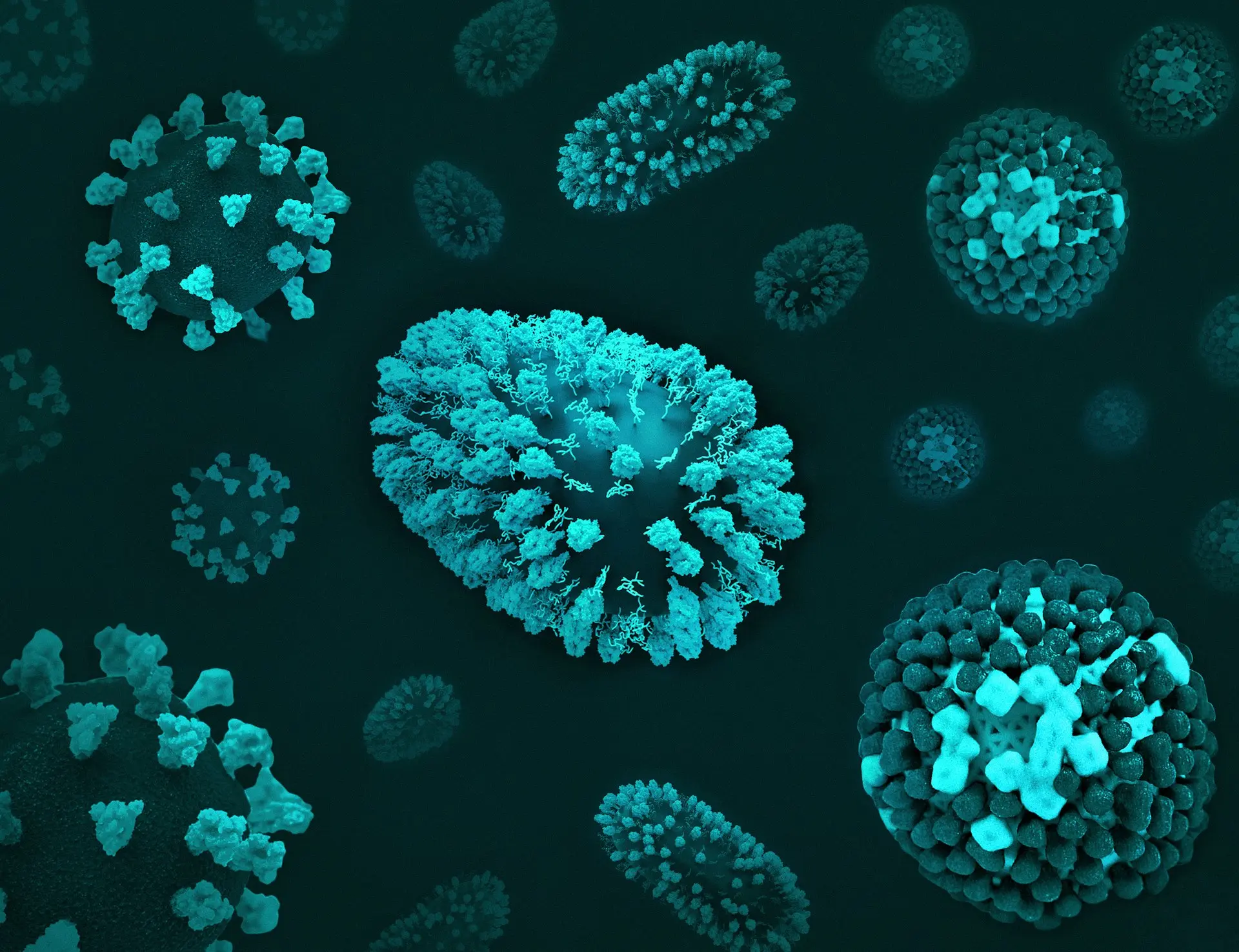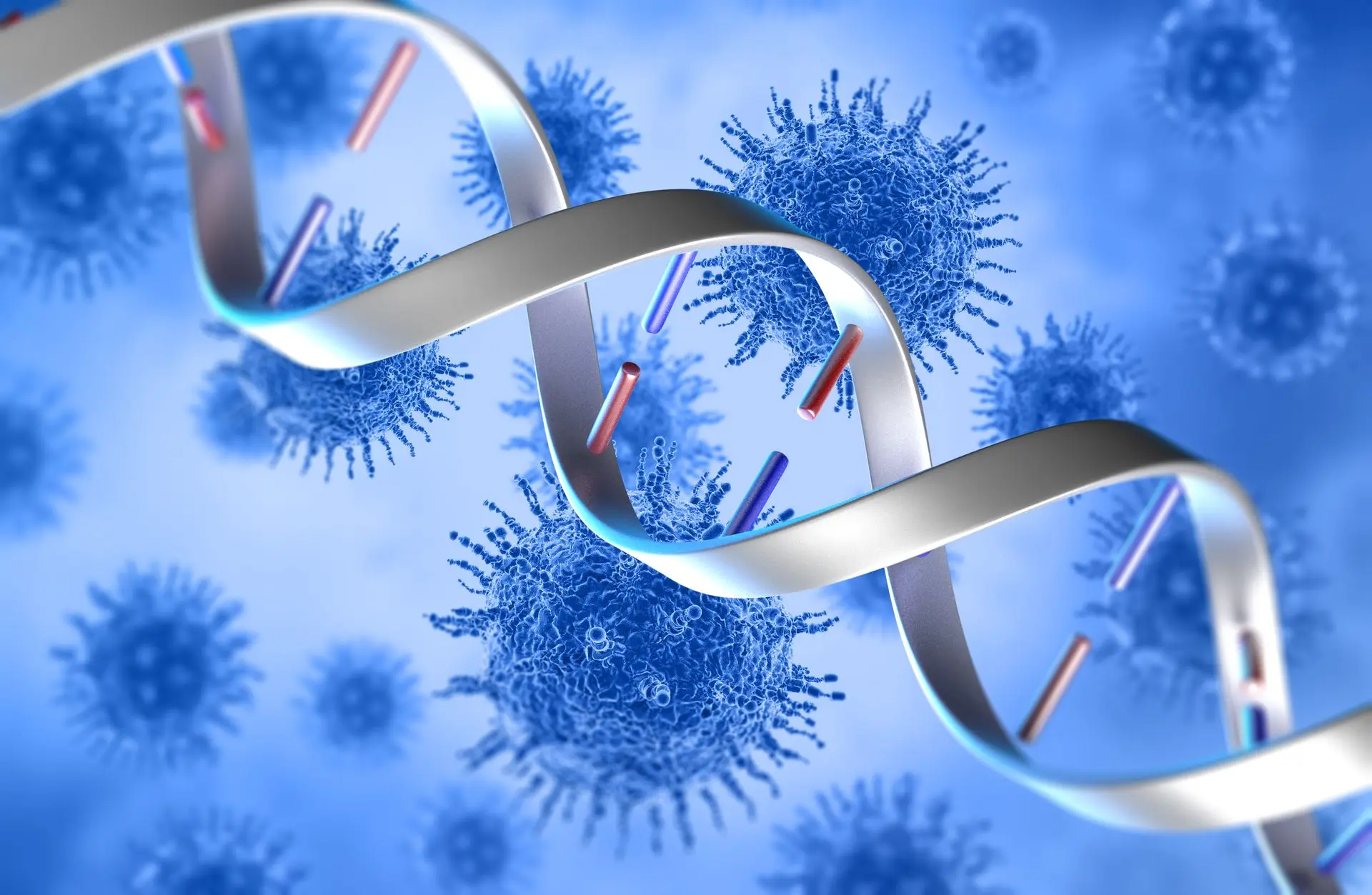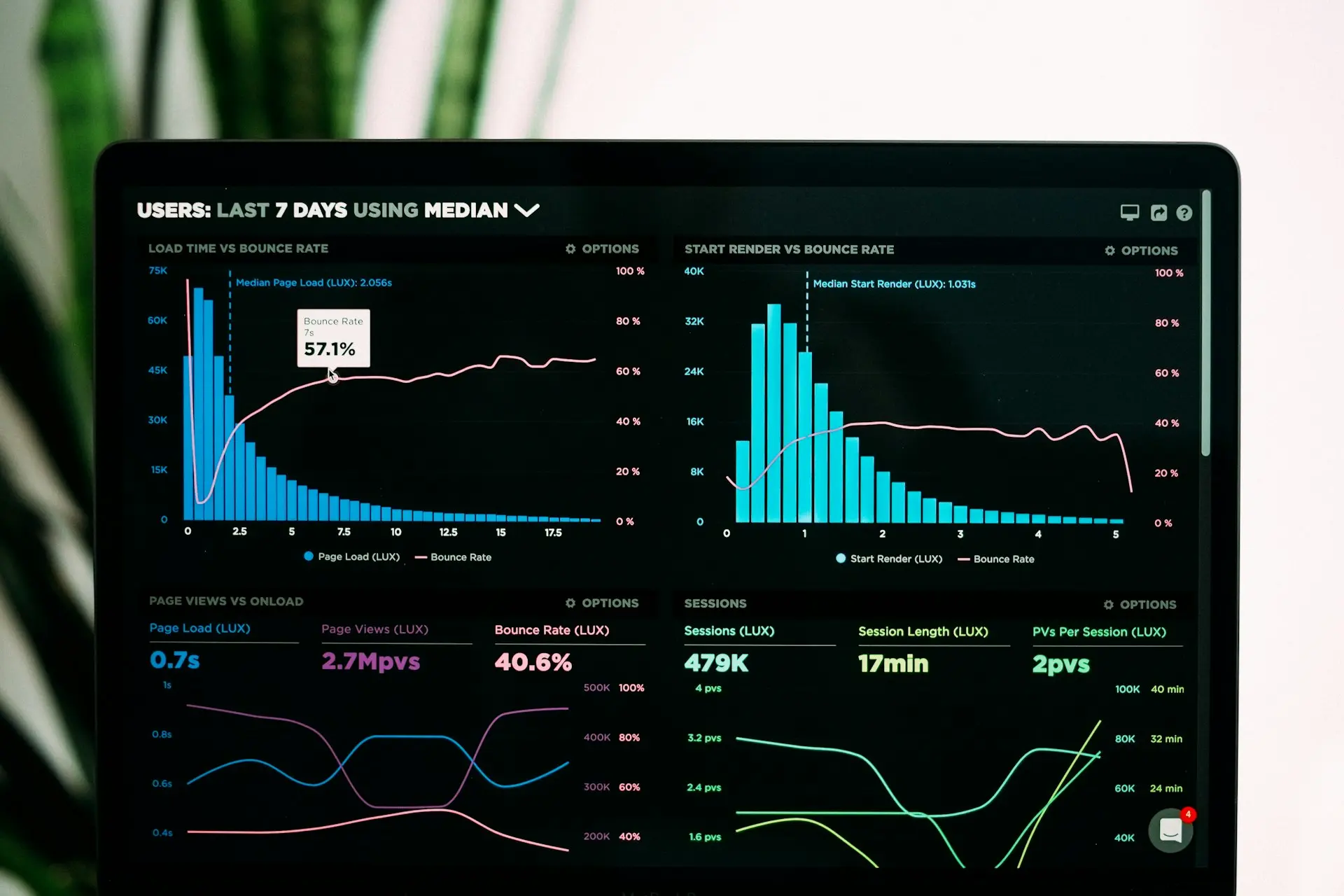Why We Need Better Diagnostic Tests
Infectious diseases like tuberculosis (TB), malaria, and respiratory infections continue to affect millions of people every year. One major problem in fighting these diseases is the lack of fast and reliable diagnostic tools. Many people don't get diagnosed in time, leading to the spread of disease and delayed treatment.
A new diagnostic technology is changing this. It uses advanced biology and biotechnology methods to create better tools for detecting infections, especially in early stages.

What Makes This New Technology Different?
The key to this innovation lies in how it uses bacterial antigens—these are the molecules found on the surface of bacteria that trigger a response from the immune system.
This new platform improves diagnostic testing by:
Isolating important bacterial antigens
Studying their structure and function
Modifying them chemically to make them more visible to antibodies
How It Works – Simple Breakdown
Here’s how the process works in simple terms:
01
Collect bacterial antigens from the disease-causing organism (e.g., Mycobacterium tuberculosis).
02
Analyze the antigens to understand which parts are most recognizable by the immune system.

03
Modify the antigens so they create a stronger reaction when used in tests.
Develop reagents (special biological tools) based on the improved antigens.

04
Use these reagents in diagnostic kits that can detect infections quickly and accurately.

How It Helps with Tuberculosis Detection
TB is one of the world’s deadliest infectious diseases. Early diagnosis is critical to stop its spread and begin treatment. However, many current tests are either slow or not sensitive enough.
This new method allows:
- Detection of TB bacteria at very low levels
- Differentiation between active and latent TB infections
Recognition of drug-resistant TB strains
And the best part? These tests are being developed to work in portable, low-cost formats—ideal for use in clinics, remote areas, and developing countries.


Why This Matters for Global Health
In many parts of the world, people don’t have access to high-tech labs or expensive diagnostic tools. This new platform is being developed with low-resource settings in mind. It’s designed to be:
- Affordable
- Fast (results in minutes)
- Accurate
- Easy to use
This could save lives by helping doctors detect infections earlier, especially in rural clinics or emergency situations.

Final Thoughts
With the rise of drug-resistant infections and the need for early detection, better diagnostic tools are more important than ever. This new biotech approach—based on improving bacterial antigens and developing stronger immunodiagnostic reagents—is a major step forward.
Whether for TB, malaria, or future pandemics, this technology could help deliver faster, cheaper, and more reliable diagnostic tests around the world.
